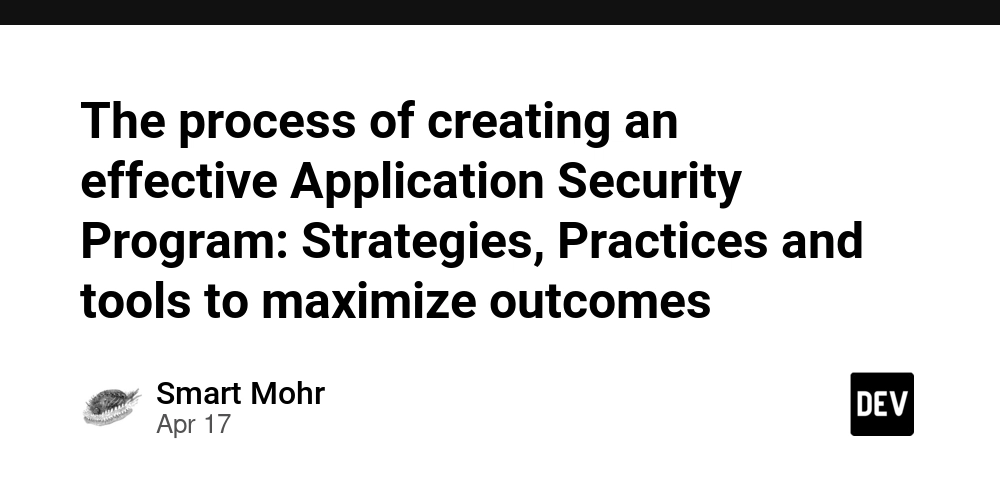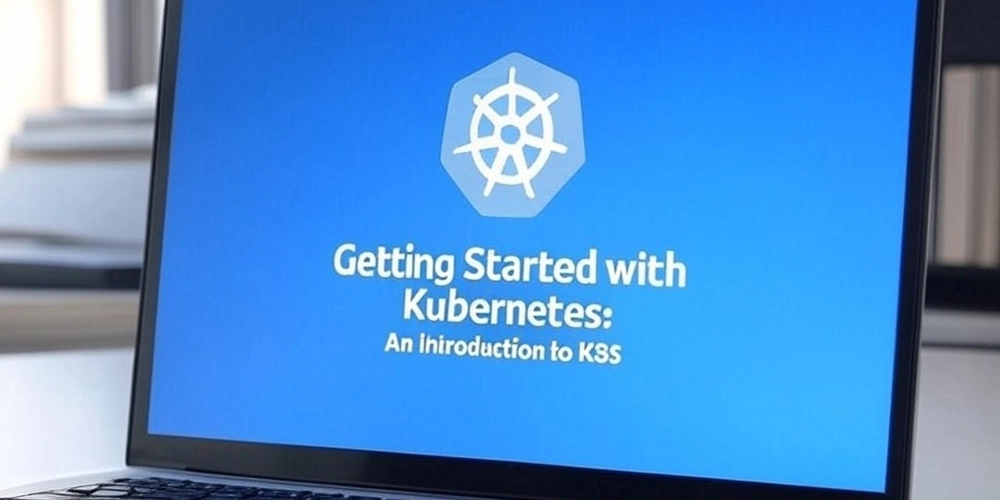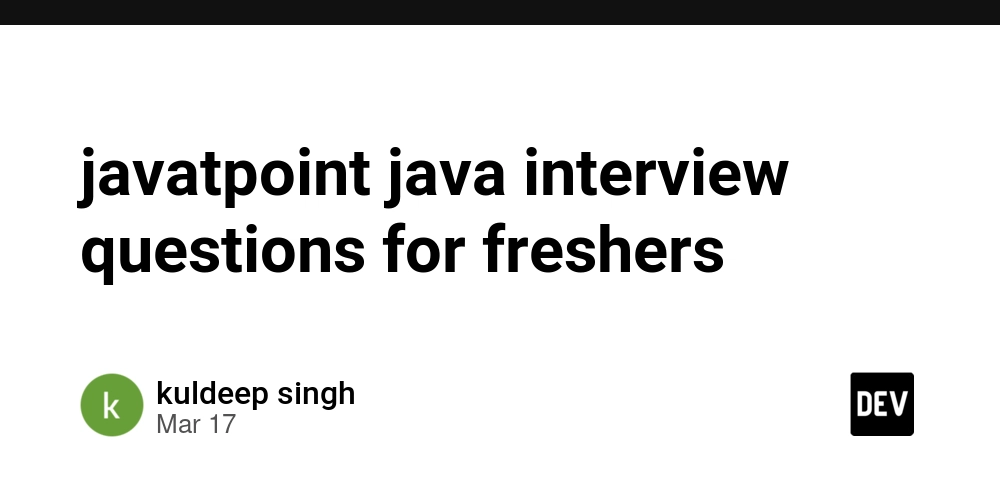AWS Summit Amsterdam 2025 – Key Takeaways & Reflections
AWS Summit Amsterdam 2025 – Key Takeaways & Reflections With the AWS Summit Amsterdam 2025 now wrapped up, I thought it was worth writing down some reflections. This isn't your typical event recap—consider it part observation, part opinion. After speaking with attendees and walking the floor, it seems many felt this year’s summit was one of the most thought-provoking in recent memory. While not as flashy or extravagant as previous editions, it made up for it with substance and energy. Unsurprisingly, the dominant themes were AI and EU–US relations. Conversations repeatedly circled around these two topics, often with a sense of unease about where the industry is headed—plenty of nervous laughter to go around. Interestingly, while there appeared to be tighter budgets when it came to marketing and luxuries, there was no lack of investment—especially in hyperscale initiatives backed by major cloud providers and venture capital. AI AI is no longer a novelty—it's infrastructure. We've clearly entered the second wave of AI adoption, and it’s not a passing trend. It's already delivering measurable gains in engineering productivity, and the sheer scale of investment being poured in is staggering. Notably, no one is talking about whether to use generative AI anymore. If your team hasn’t already embraced it, you’re already behind—and yes, it’s okay to feel a bit of FOMO. Talking Points The major AI-related discussions revolved around: Choosing the right model for the job Cost management AI agents The first two are fairly self-explanatory, so let’s focus on the third: agents. The limitations of traditional chatbots are well-known—they lack contextual awareness, task execution abilities, and multi-step reasoning. AI agents aim to solve this by enabling more autonomous, capable systems. MCP is quickly becoming the standard for context injection. For other use cases, there's still a lot of variation in approaches across teams. In short, this is the new normal. If your team isn’t using AI yet—start. If your team isn’t working with AI agents—start. If you’re building infrastructure for developers and don’t yet offer AI tooling—start. EU–US No big surprises here. There’s growing concern among European companies and governments about dependency on American hyperscalers. Despite heavy investment from both private and public sectors, tangible alternatives are still lacking. Europe has a software problem (read this excellent article: Europe's Software Problem), and it won’t be solved overnight. The US has spent the last three decades—and vast sums—developing its software ecosystem and pulling far ahead. The concern is valid: for many critical services, there simply are no viable European alternatives, and geopolitical dynamics are shifting quickly. The upside? There's newfound enthusiasm and funding to explore European-built solutions. So, it’s a complicated mix—growing interest, rising budgets, and a tough road ahead. The next few years are likely to be tense but hopefully transformative. Conclusion This post is a mix of hallway chats, session takeaways, and personal impressions. I’ve kept it short, so of course, much has been left out. Still, I hope it gives you a good sense of the broader picture. People have been saying “the world is changing fast” my whole life—but for the first time, I’m really feeling it. Exciting years lie ahead :)
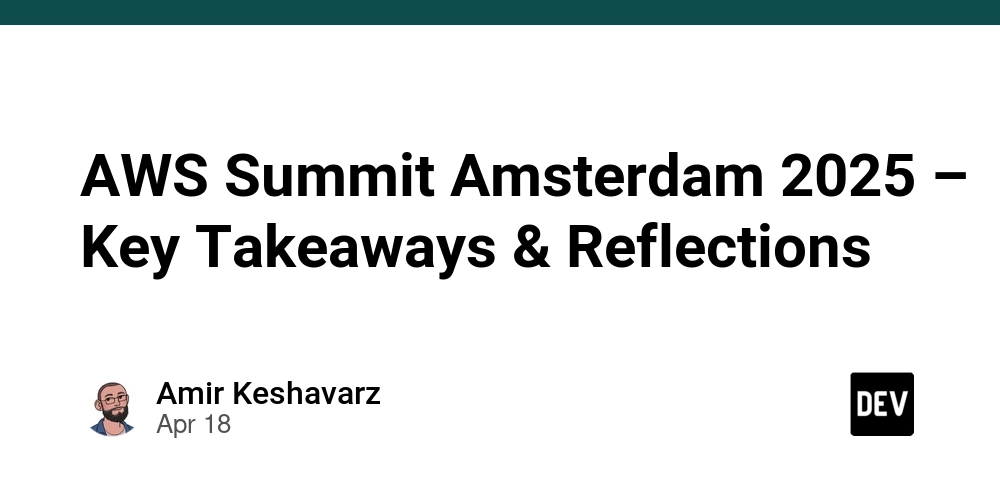
AWS Summit Amsterdam 2025 – Key Takeaways & Reflections
With the AWS Summit Amsterdam 2025 now wrapped up, I thought it was worth writing down some reflections. This isn't your typical event recap—consider it part observation, part opinion.
After speaking with attendees and walking the floor, it seems many felt this year’s summit was one of the most thought-provoking in recent memory. While not as flashy or extravagant as previous editions, it made up for it with substance and energy.
Unsurprisingly, the dominant themes were AI and EU–US relations. Conversations repeatedly circled around these two topics, often with a sense of unease about where the industry is headed—plenty of nervous laughter to go around.
Interestingly, while there appeared to be tighter budgets when it came to marketing and luxuries, there was no lack of investment—especially in hyperscale initiatives backed by major cloud providers and venture capital.
AI
AI is no longer a novelty—it's infrastructure. We've clearly entered the second wave of AI adoption, and it’s not a passing trend. It's already delivering measurable gains in engineering productivity, and the sheer scale of investment being poured in is staggering.
Notably, no one is talking about whether to use generative AI anymore. If your team hasn’t already embraced it, you’re already behind—and yes, it’s okay to feel a bit of FOMO.
Talking Points
The major AI-related discussions revolved around:
- Choosing the right model for the job
- Cost management
- AI agents
The first two are fairly self-explanatory, so let’s focus on the third: agents.
The limitations of traditional chatbots are well-known—they lack contextual awareness, task execution abilities, and multi-step reasoning. AI agents aim to solve this by enabling more autonomous, capable systems.
MCP is quickly becoming the standard for context injection. For other use cases, there's still a lot of variation in approaches across teams.
In short, this is the new normal.
If your team isn’t using AI yet—start.
If your team isn’t working with AI agents—start.
If you’re building infrastructure for developers and don’t yet offer AI tooling—start.
EU–US
No big surprises here. There’s growing concern among European companies and governments about dependency on American hyperscalers. Despite heavy investment from both private and public sectors, tangible alternatives are still lacking.
Europe has a software problem (read this excellent article: Europe's Software Problem), and it won’t be solved overnight. The US has spent the last three decades—and vast sums—developing its software ecosystem and pulling far ahead.
The concern is valid: for many critical services, there simply are no viable European alternatives, and geopolitical dynamics are shifting quickly. The upside? There's newfound enthusiasm and funding to explore European-built solutions.
So, it’s a complicated mix—growing interest, rising budgets, and a tough road ahead. The next few years are likely to be tense but hopefully transformative.
Conclusion
This post is a mix of hallway chats, session takeaways, and personal impressions. I’ve kept it short, so of course, much has been left out. Still, I hope it gives you a good sense of the broader picture.
People have been saying “the world is changing fast” my whole life—but for the first time, I’m really feeling it. Exciting years lie ahead :)









































































































































































![[The AI Show Episode 144]: ChatGPT’s New Memory, Shopify CEO’s Leaked “AI First” Memo, Google Cloud Next Releases, o3 and o4-mini Coming Soon & Llama 4’s Rocky Launch](https://www.marketingaiinstitute.com/hubfs/ep%20144%20cover.png)

















































































































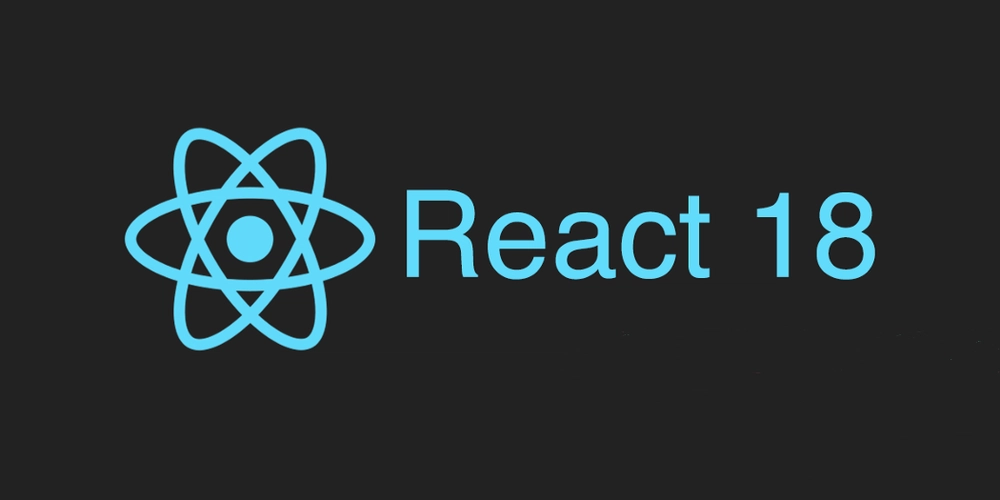
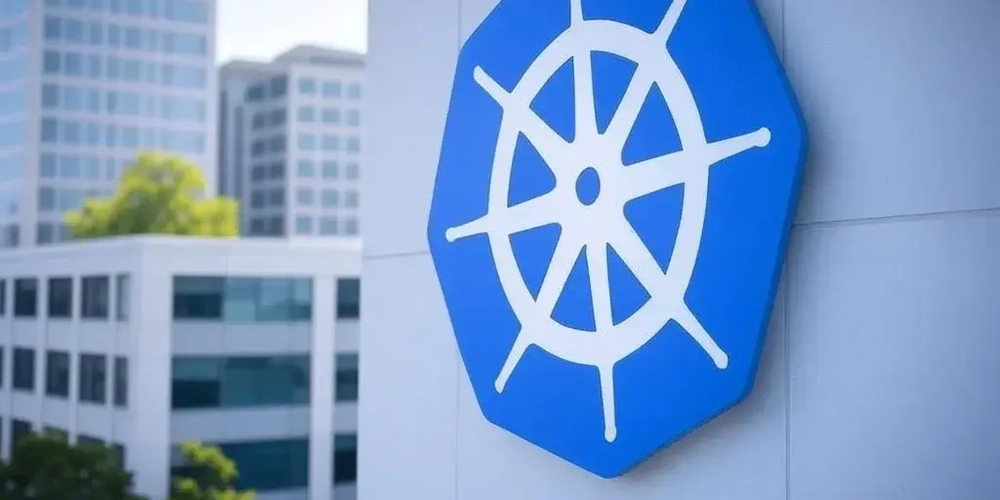









![[DEALS] The All-in-One Microsoft Office Pro 2019 for Windows: Lifetime License + Windows 11 Pro Bundle (89% off) & Other Deals Up To 98% Off](https://www.javacodegeeks.com/wp-content/uploads/2012/12/jcg-logo.jpg)



























![Is this too much for a modular monolith system? [closed]](https://i.sstatic.net/pYL1nsfg.png)






















































































































_Andreas_Prott_Alamy.jpg?width=1280&auto=webp&quality=80&disable=upscale#)
































































































![What features do you get with Gemini Advanced? [April 2025]](https://i0.wp.com/9to5google.com/wp-content/uploads/sites/4/2024/02/gemini-advanced-cover.jpg?resize=1200%2C628&quality=82&strip=all&ssl=1)













![Apple Shares Official Trailer for 'Long Way Home' Starring Ewan McGregor and Charley Boorman [Video]](https://www.iclarified.com/images/news/97069/97069/97069-640.jpg)
![Apple Watch Series 10 Back On Sale for $299! [Lowest Price Ever]](https://www.iclarified.com/images/news/96657/96657/96657-640.jpg)
![EU Postpones Apple App Store Fines Amid Tariff Negotiations [Report]](https://www.iclarified.com/images/news/97068/97068/97068-640.jpg)
![Apple Slips to Fifth in China's Smartphone Market with 9% Decline [Report]](https://www.iclarified.com/images/news/97065/97065/97065-640.jpg)


































































































































